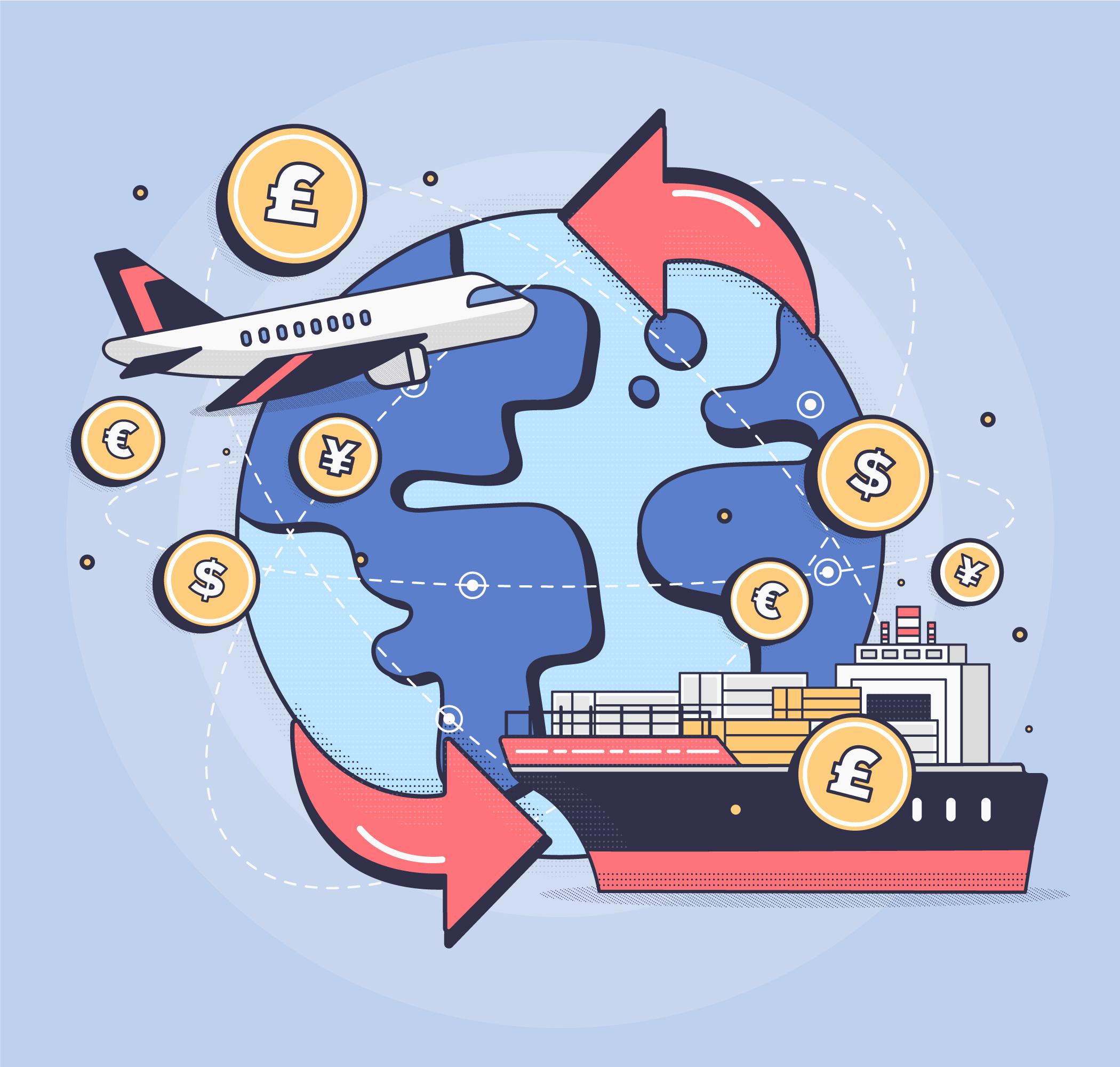
The foreign exchange market, often referred to as Forex or FX, is the world’s largest and most liquid financial market. It facilitates the exchange of currencies from different countries, making it essential for international trade, investment, and tourism. Within this vast and dynamic marketplace, We will learn Who Are The Major Participants of the Foreign Exchange Market and how Foreign Exchange Agents help to exchange money.
Understanding the Foreign Exchange Market
Before diving into the realm of foreign exchange agents, let’s briefly understand the structure and functioning of the foreign exchange market.
The forex market is decentralized and operates 24 hours a day, five days a week, encompassing various financial institutions, corporations, governments, and individual traders. Its primary purpose is to facilitate the conversion of one currency into another, with the exchange rates fluctuating continuously based on supply and demand factors.
Major Participants in the Forex Market
1. Banks and Financial Institutions
Banks and financial institutions are prominent and influential participants in the forex market. They constitute a substantial portion of daily trading volume in the global foreign exchange market. Banks, ranging from large multinational institutions to smaller regional banks, engage in forex activities for various purposes.

They act as intermediaries, facilitating currency transactions for corporate clients, governments, and individual traders. Additionally, banks participate in speculative trading to profit from currency price movements. Their vast resources, expertise, and access to the interbank forex market make them key players in shaping exchange rates and ensuring the liquidity and stability of the forex market.
2. Corporations
Corporations are major participants in the Forex market, leveraging it for various purposes. Multinational companies engage in currency trading to mitigate the risks associated with fluctuating exchange rates, ensuring stability in their international transactions. They use forex instruments like forward contracts and options to hedge against adverse currency movements, safeguarding profit margins. Additionally, corporations involved in global trade rely on the Forex market to facilitate cross-border transactions, optimizing currency conversion for efficiency and cost-effectiveness. Their substantial trading volumes make corporations influential participants, impacting exchange rates and contributing to the market’s liquidity and depth.
3. Governments and Central Banks

Governments and central banks are among the most influential participants in the forex market. Central banks, such as the Federal Reserve (US), the European Central Bank (ECB), and the Bank of Japan (BoJ), wield significant authority over their respective currencies. They intervene to stabilize exchange rates, control inflation, and manage their countries’ monetary policies. Governments also impact forex through economic policies, trade agreements, and geopolitical events. Traders closely monitor central bank decisions and government actions, as they can swiftly drive currency values. Consequently, these entities play pivotal roles in shaping the forex market’s dynamics and influencing global economic stability.
4. Hedge Funds and Investment Firms
Hedge funds and investment firms are major participants in the forex market. These institutional players engage in currency trading with the primary goal of generating profits. They allocate substantial capital to the foreign exchange market, often employing advanced strategies and cutting-edge technology to analyze market trends and execute trades.

Hedge funds, in particular, are known for their speculative approach, aiming to capitalize on currency price fluctuations. Their participation adds significant liquidity and depth to the forex market, influencing exchange rates and contributing to the dynamic nature of this global financial arena.
5. Retail traders
Retail traders represent individual investors and small speculators. While they may not match the financial clout of significant banks or corporations, their collective impact is substantial. Retail traders access the market through online platforms, allowing them to buy and sell currencies 24/5. They contribute to market liquidity, making it easier for more prominent players to execute trades. Retail traders often seek to profit from currency price movements, making them an integral part of the forex ecosystem and showcasing the democratization of financial markets in the digital age.
Foreign Exchange Agents: Who Are They and What Do They Do?
Foreign Exchange Agents, or Forex Brokers, are pivotal global currency exchange market figures. They act as intermediaries between buyers and sellers, facilitating the seamless execution of currency trades. These professionals provide retail and institutional clients with access to the interbank forex market, offering a platform to buy and sell currencies at current market prices. Foreign Exchange Agents often offer valuable services such as market analysis, leverage, and risk management tools, making them essential for traders seeking to navigate the complexities of the forex market. Additionally, regulation by financial authorities ensures trust and transparency in this crucial financial sector. Here’s a closer look Foreign Exchange Agents: Who Are They and What Do They Do.
1. Execution of Trades
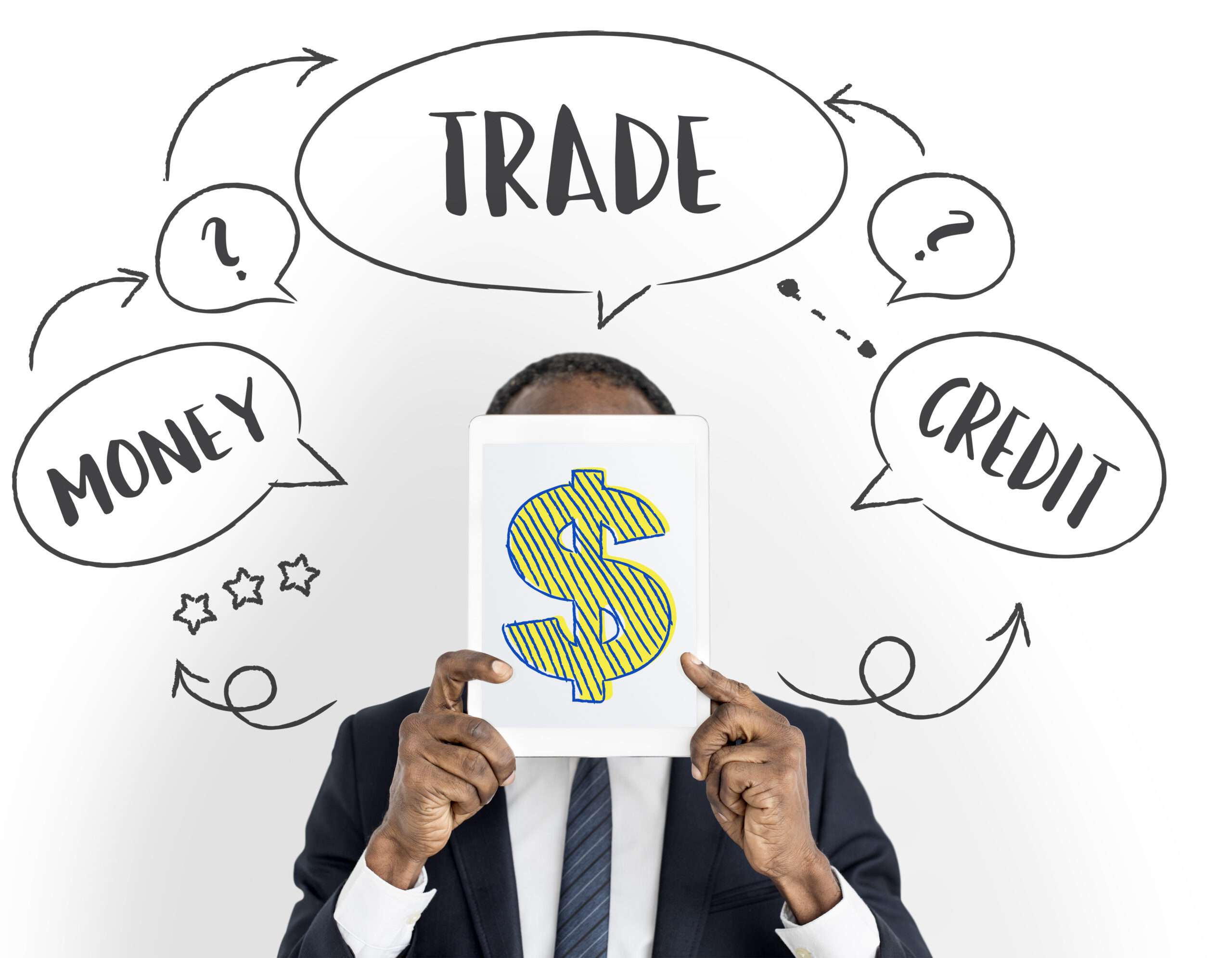
At its core, the primary function of Forex Exchange Agents is to execute currency trades on behalf of their clients. When individuals or businesses wish to exchange one currency for another, they place orders with their chosen broker. These brokers then execute these trades in the forex market, ensuring the exchange occurs at the best available rates.
2. Access to the Interbank Market
Currency Exchange Agents provide clients with access to the interbank forex market, where the actual currency trading takes place. This market consists of major financial institutions, including banks, hedge funds, and central banks. Brokers act as a bridge, enabling individuals and smaller entities to participate in this institutional-level trading arena.
3. Market Analysis

Many Forex Brokers offer market analysis services. They provide clients with information, research, and insights into the forex market’s dynamics. This information helps traders make informed decisions regarding their currency exchange strategies. Analysis can encompass technical, fundamental, and sentiment analysis, among other approaches.
4. Leverage and Margin
Forex brokers often offer leverage to their clients. Leverage allows traders to control larger positions with a smaller amount of capital. While this can amplify profits, it also increases the potential for losses. Brokers help clients understand the risks and benefits of leverage and manage their positions accordingly.
5. Regulation and Compliance
Financial authorities in their respective countries regulate Reputable Foreign Exchange Agents. Regulatory oversight ensures that brokers adhere to specific standards and guidelines, promoting transparency and security in the industry. Clients are advised to choose regulated brokers to protect their interests.
6. Customer Support
Forex brokers typically provide customer support services. Clients can reach out for assistance with account management, technical issues, and trading-related queries. Reliable customer support is vital in this fast-paced market.



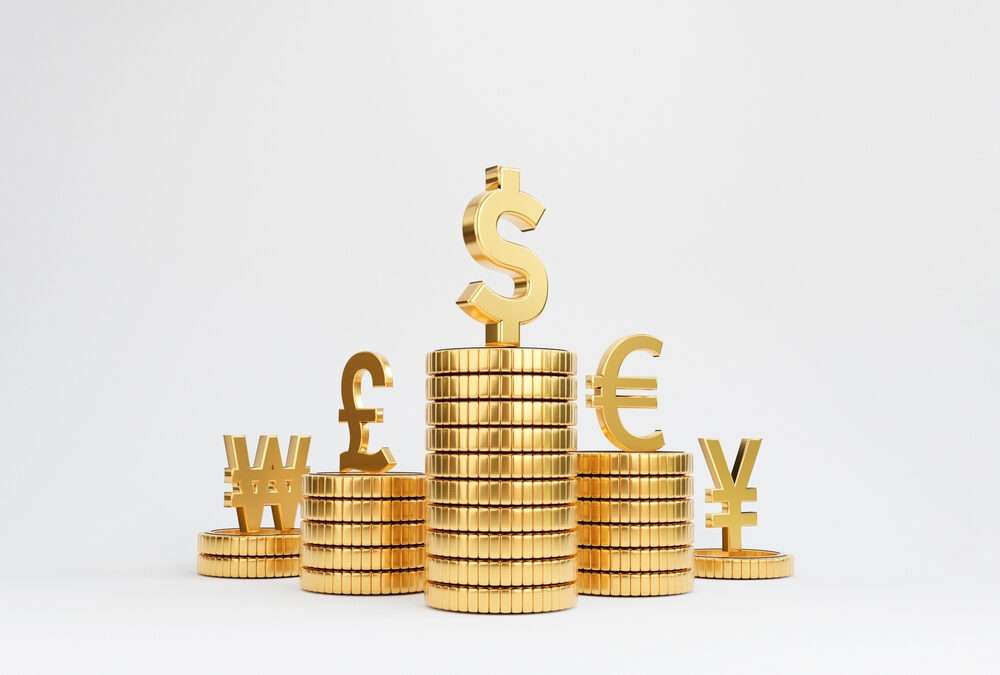


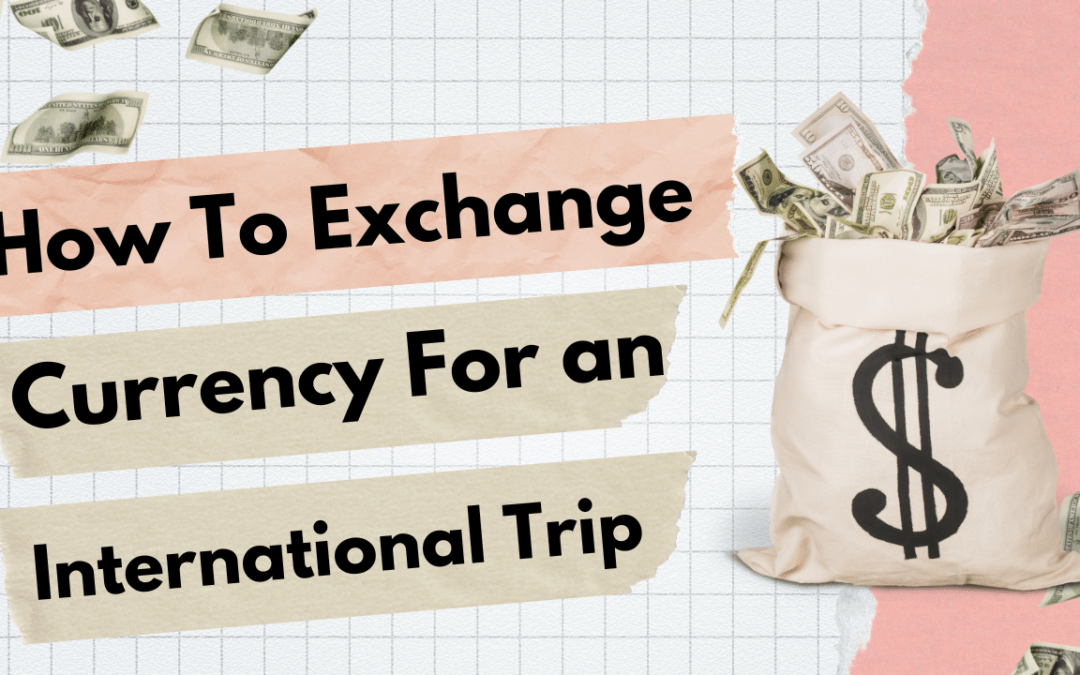
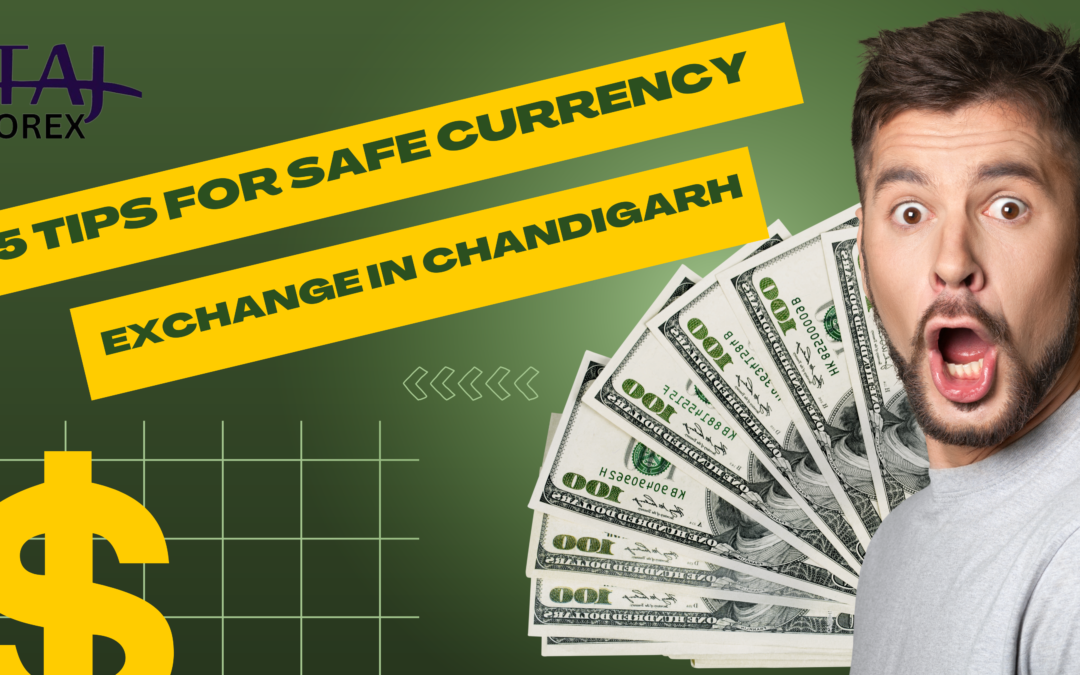


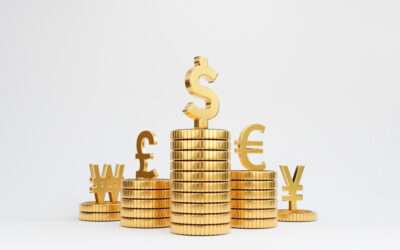

0 Comments